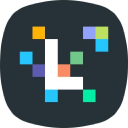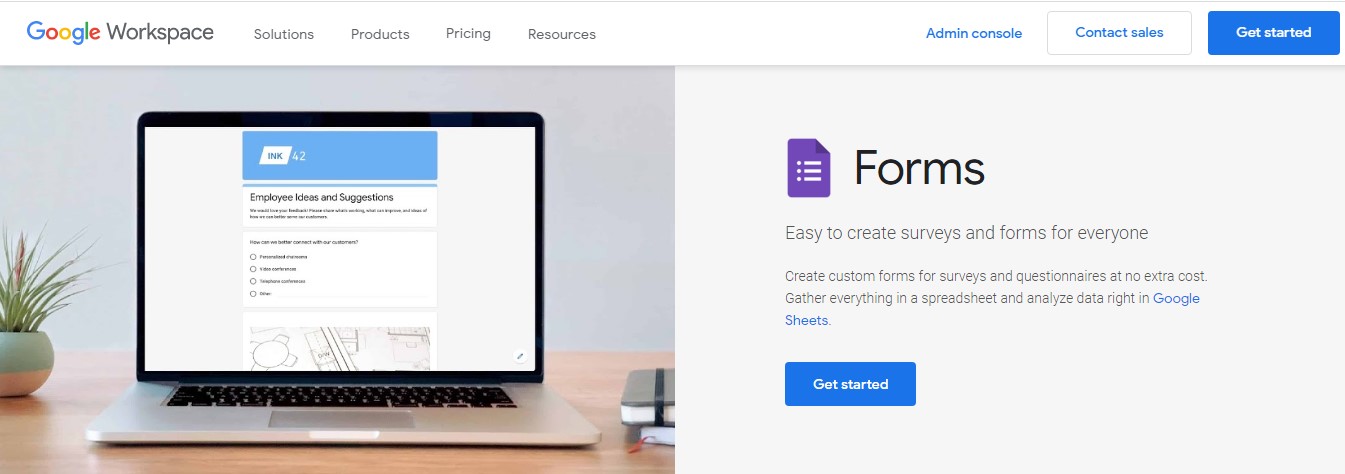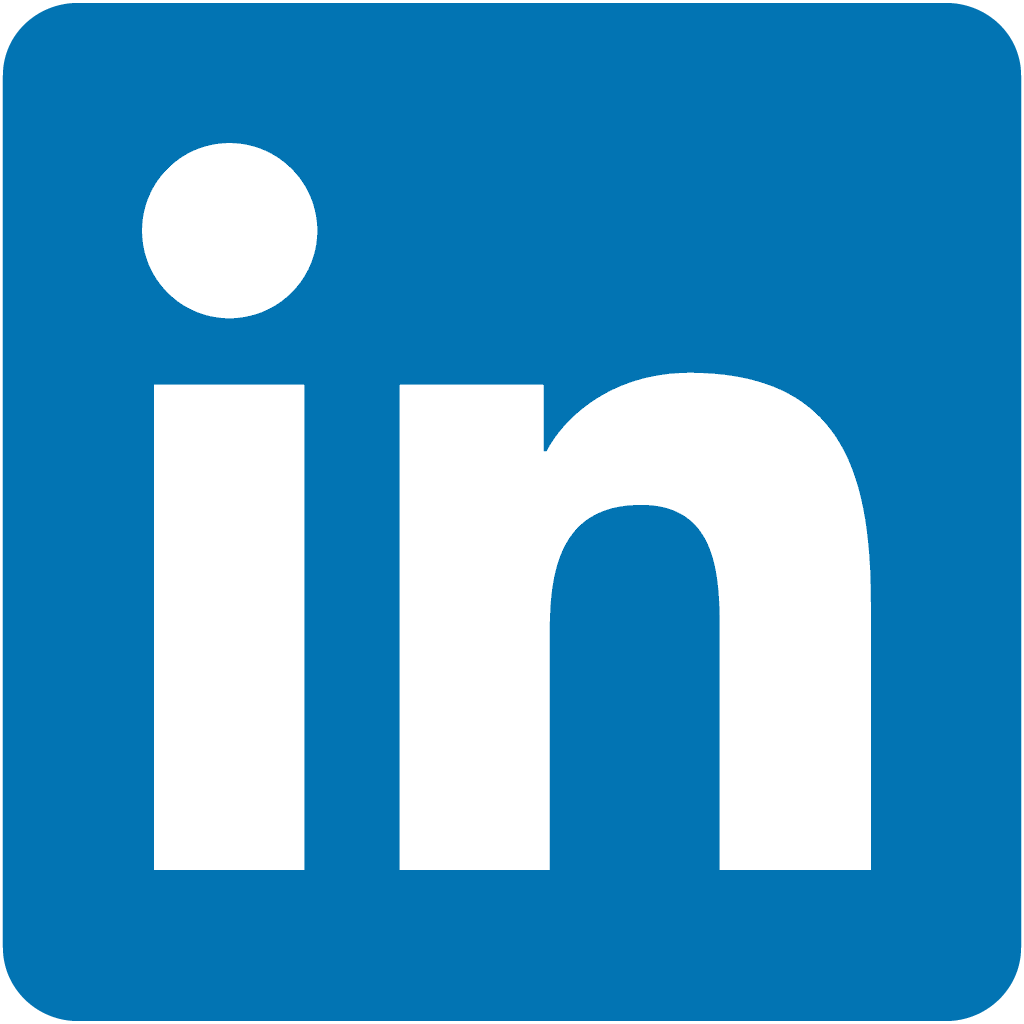I Created A $2.7M/Year Software That Extends People's Lives By Analyzing Their DNA
Hello! Who are you and what business did you start?
Hi, my name is Joe Cohen and I’m the founder and CEO of SelfDecode. The company was born out of the journey I went through to decode myself.
Today, SelfDecode helps thousands of people discover personalized diet, supplement, and lifestyle recommendations based on their DNA and lab tests. We cater directly to consumers and also partner with health practitioners & clinics. We also provide genomic infrastructure to other businesses.
I designed SelfDecode to be an all-in-one health software with our flagship feature being our DNA Wellness Reports. Our advanced AI and machine learning algorithms take your DNA file and analyze and predict 83 million genetic variants. Then, we provide you with personalized genetic risk scores for a wide variety of health topics from anxiety to blood pressure.
We don’t stop there though. In my opinion, providing people with risk scores without recommendations usually does more harm than good. With SelfDecode, you also get personalized health recommendations that are prioritized based on your unique genetic variants. No other company is currently doing this.
However, your genes are just one...








































































